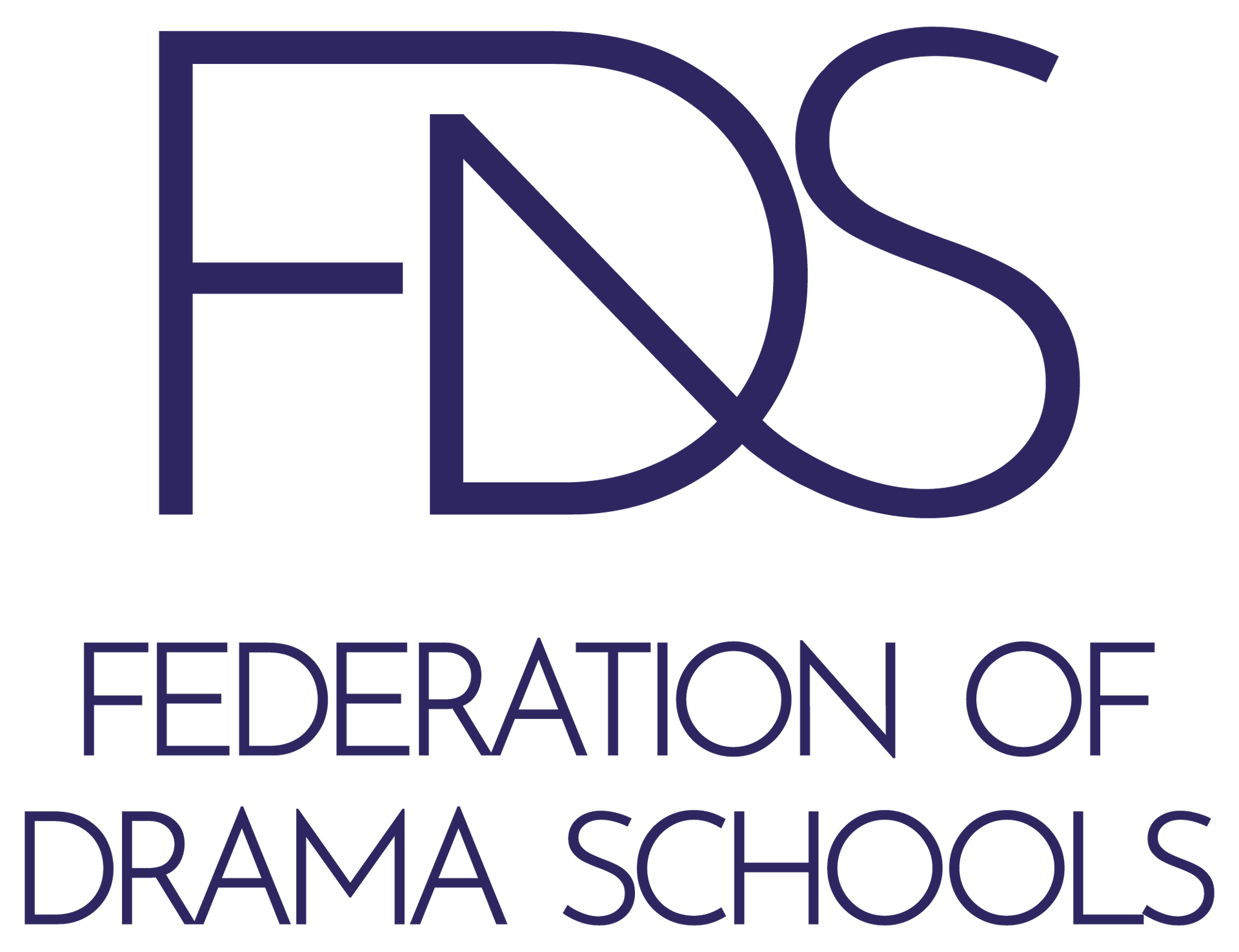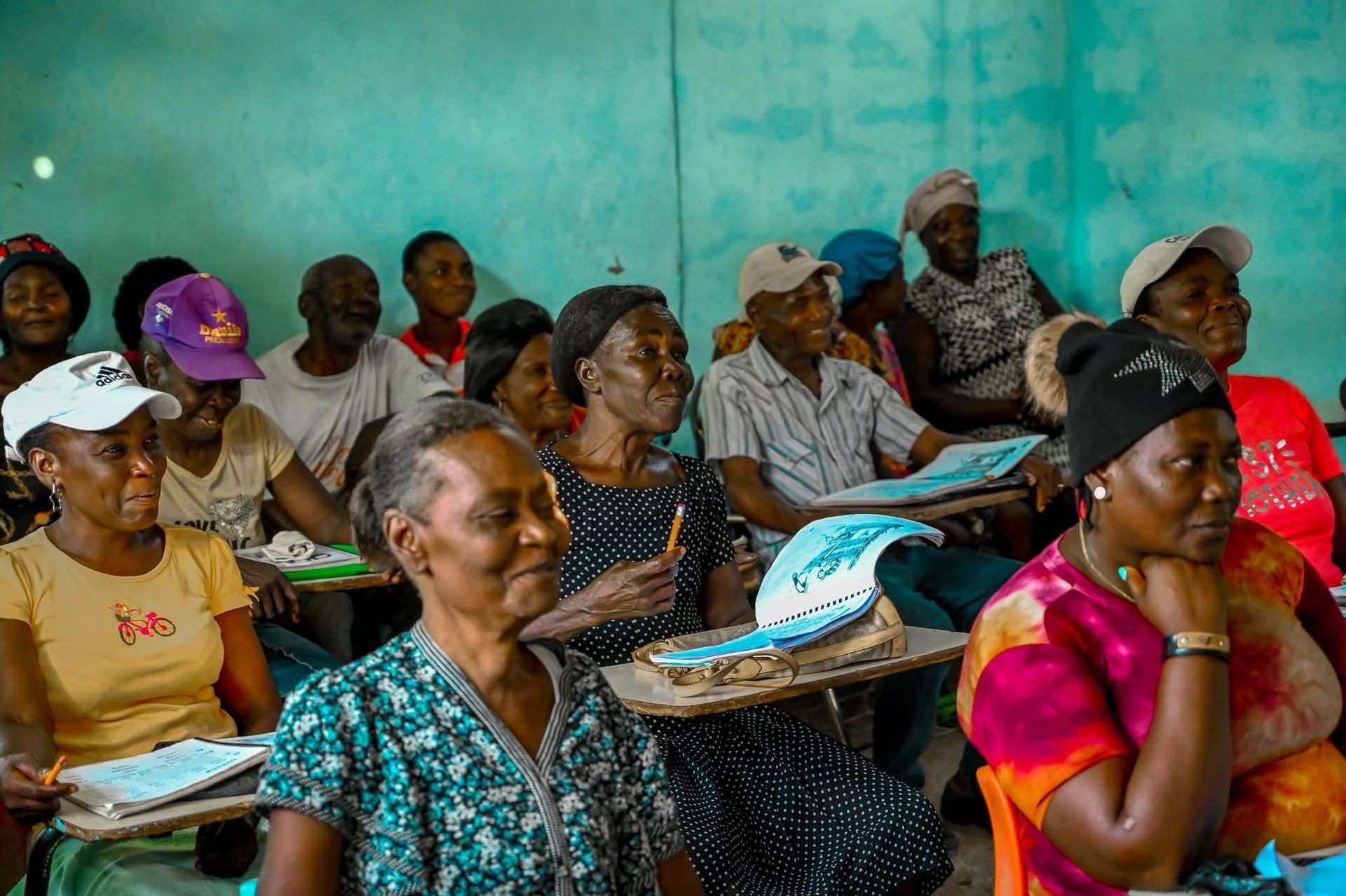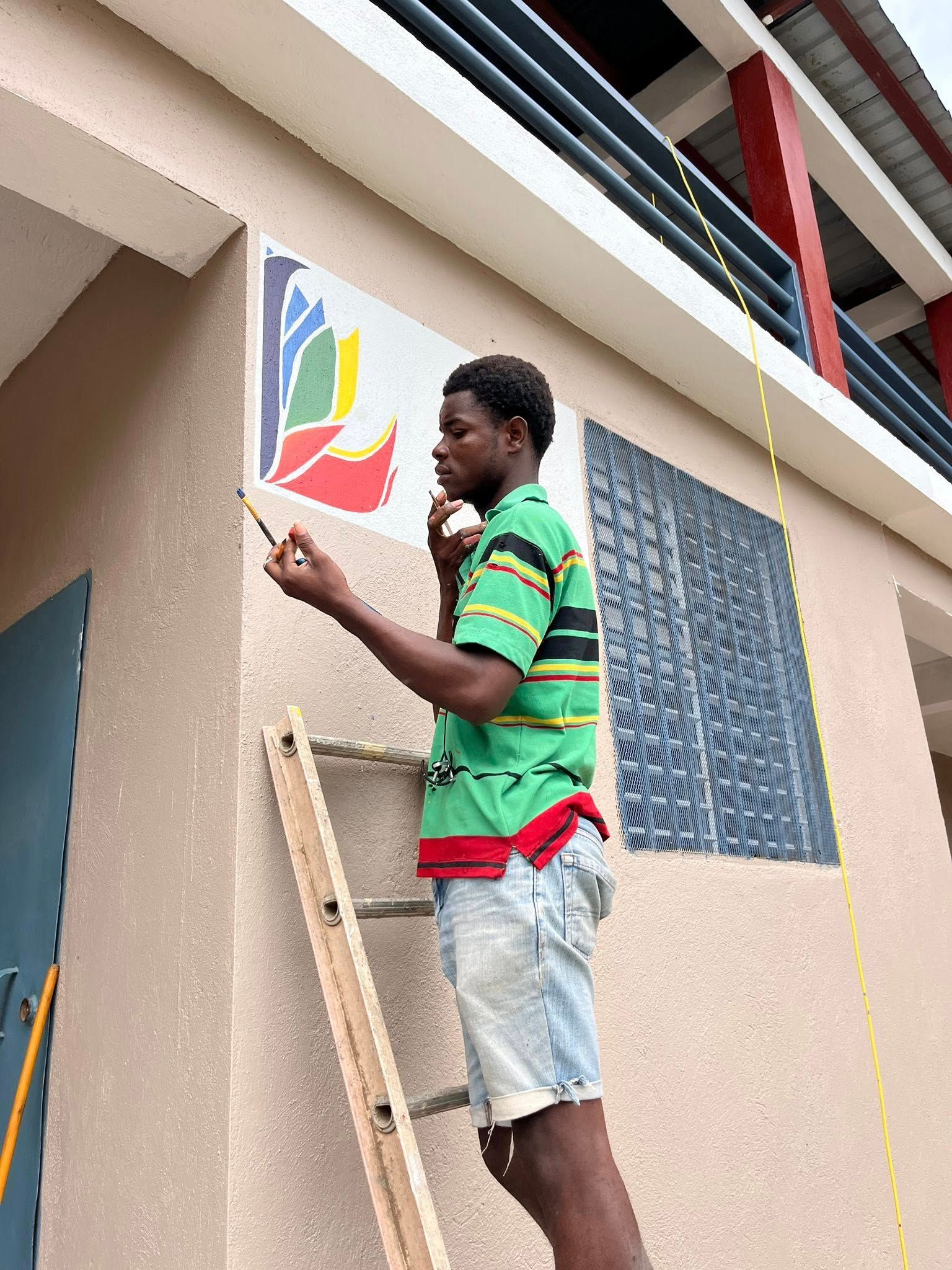Supporting work for The Federation of Drama Schools
Last year the Steve Sinnott Foundation supported the work of The Federation of Drama Schools by providing financial aid to new graduates, enabling them to take part in an industry showcase at The Abbey Theatre in Dublin. The showcase is an annual event for Irish graduates who have completed a professional training at one of the Federation’s partner conservatoires in the UK, introducing young actors to the industry they hope to work in.
The Federation of Drama Schools partners are institutions that provide conservatoire vocational training for those who want to be professional performers, theatre makers and technical theatre practitioners. The courses they offer are for students of eighteen years and over, who have completed their school level education.
In November (2024) fourteen young Irish graduates took part in the showcase and the SSF provided financial support to two graduates who may not otherwise have been able to take part in this showcase, which is a bridge between training and their professional career.
Melanie Lavery from the Royal Welsh College of Music and Drama is one of those who benefitted from this support. Melanie writes of her experience.
I would like to say a huge thank you to the Steve Sinnott Foundation for the support I received, making it possible for me to take part in the Dublin Showcase 2024. The opportunity allowed me to work with graduates from across FDS schools and widen my contacts in the industry.
Coming from a socio-economically deprived area, I’ve often missed out on opportunities available to my peers. I have had to spend a lot of energy during my three years in drama school working to support myself and this has meant I often don’t have time to follow up network opportunities. In receiving this sponsorship and taking part in the showcase I have been able to connect with other Irish creatives - the people I am acting opposite, directors, casting directors and agents in the industry.
These industry showcases are so important for graduates. It gives us the possibility of networking with industry professionals and hopefully the opportunity of taking that first crucial step into the profession we have trained for. As I studied in Wales, it gave me the chance to return to Ireland and to reach out to creatives there. The Foundation gave me this amazing opportunity to kick start my career in my home country.
On the day of the showcase, I had such pride watching my fellow Irish peers performing on stage at Ireland’s National Theatre. Working together throughout the rehearsal period, I got to know them individually and we all helped each other to grow as performers. This showcase has helped me to create my own community of actors around me. When it came to talking with other creatives after the show case, I became so much more aware of how large and welcoming the industry is in Ireland and how much work is being produced here. I think this show case is so important as it highlights how vibrant and growing the industry is in Ireland. I feel so lucky that I was able to take part thanks to the help of the Steve Sinnott Foundation.
For more information on the Federation of Drama Schools, professional industry showcases, and it’s partner schools please visit
www.federationofdramaschools.co.uk





